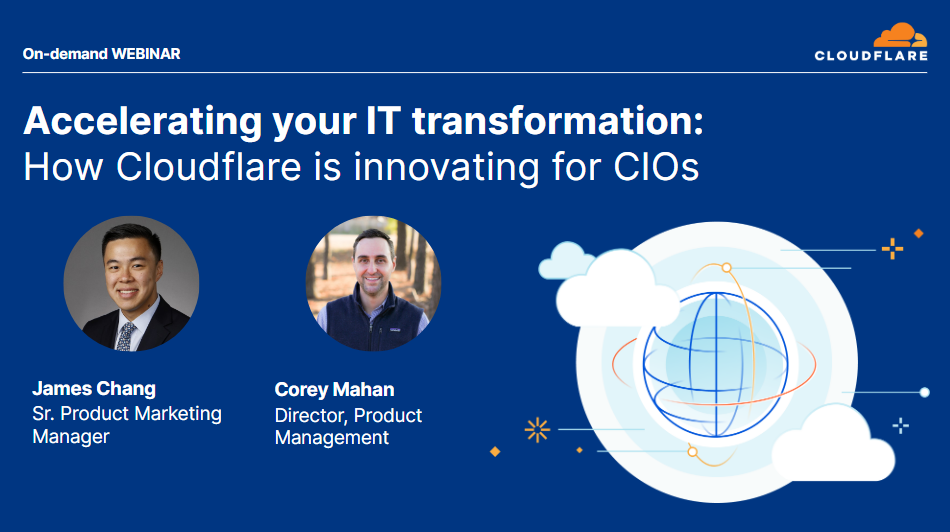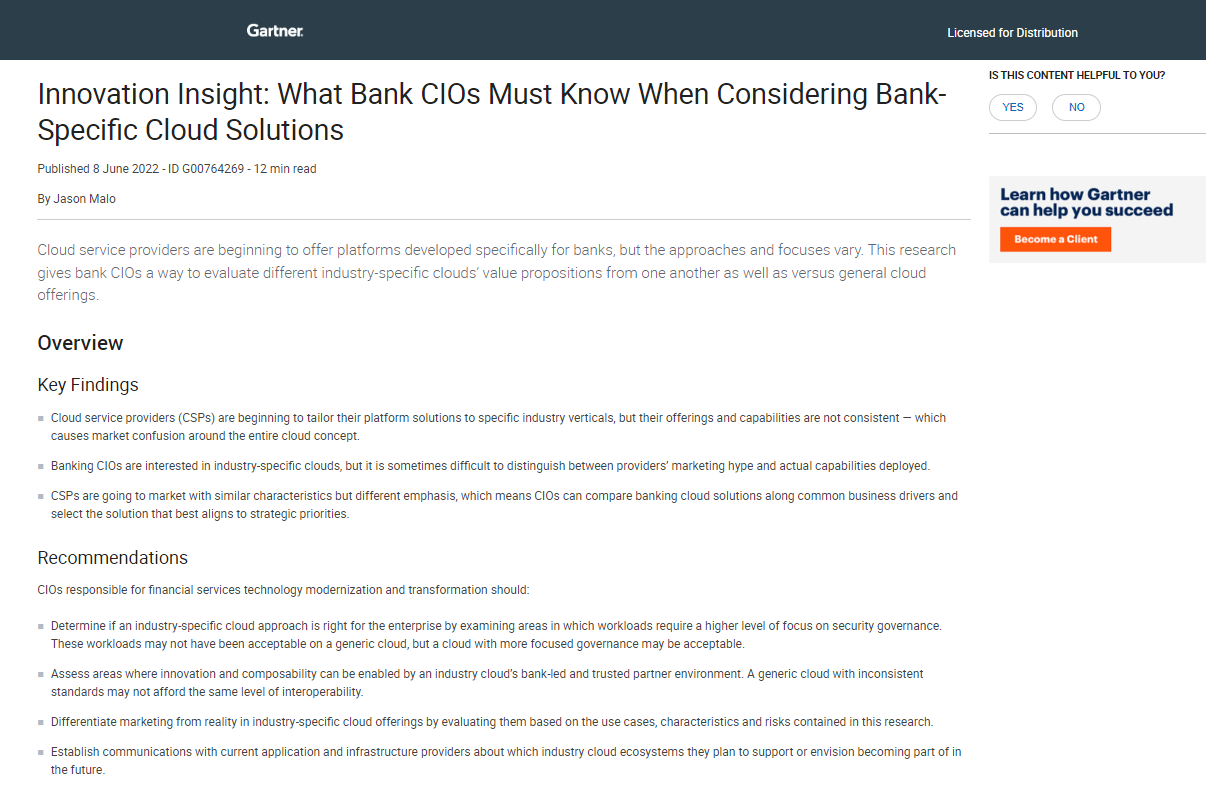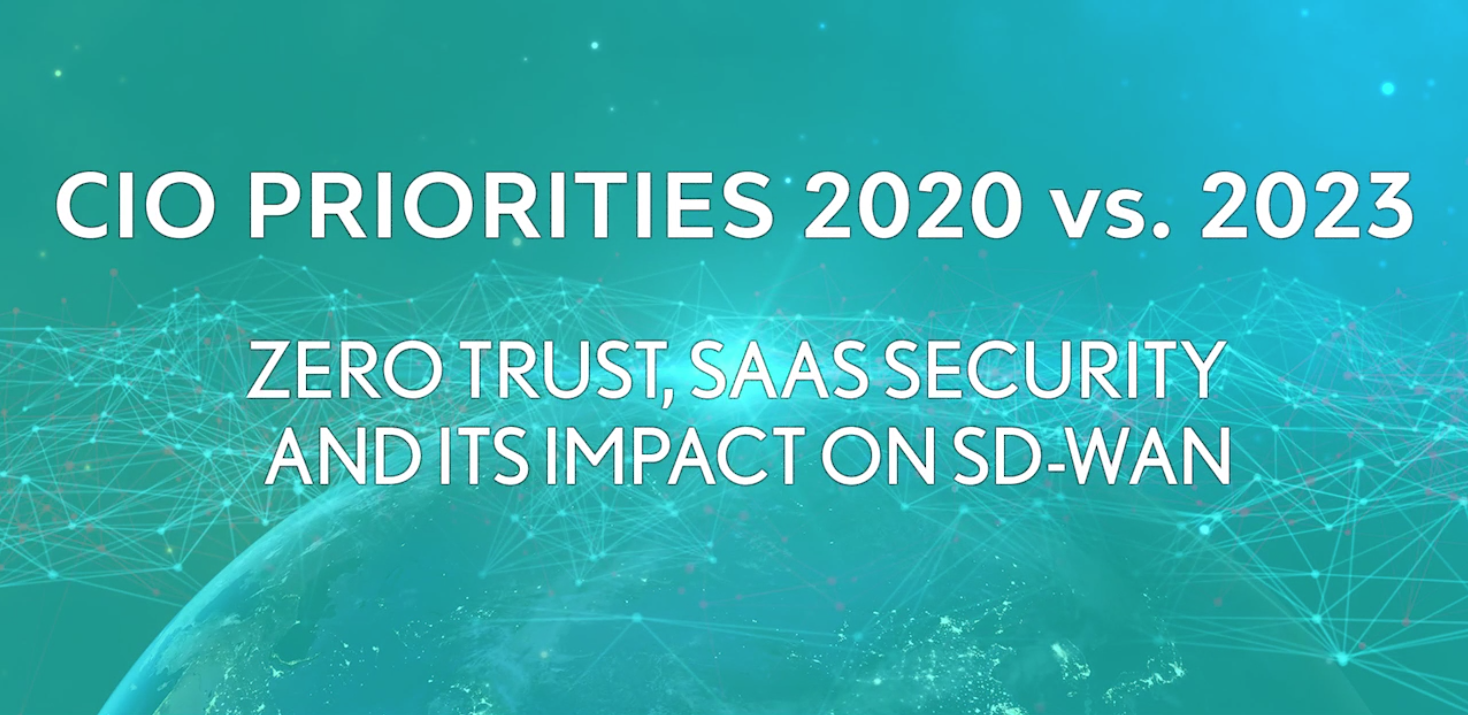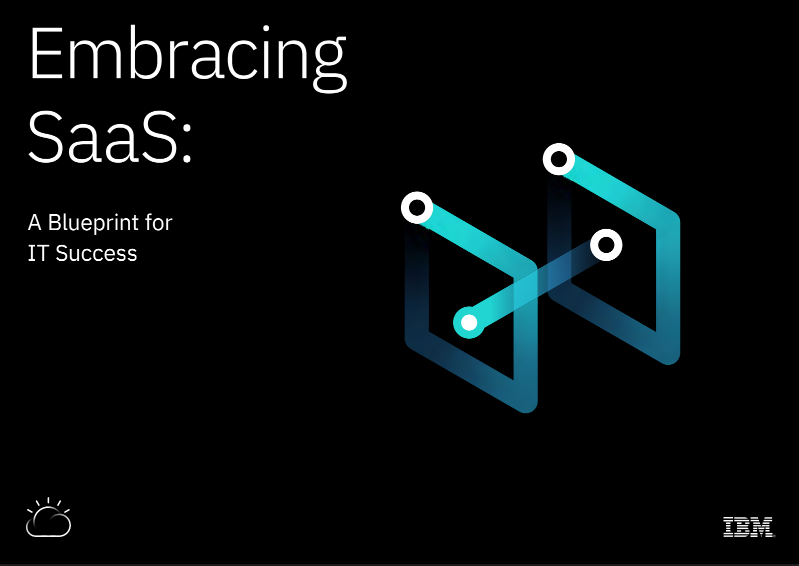Short-sighted cloud migrations leave most CIOs trapped in technical debt
With budgets tightening, CIOs are being forced to tackle technical debt accumulated during the cloud boom period


Overburdening cloud technical debt is posing significant challenges for CIOs amid a period of budgetary constraints, according to new research.
According to a new survey, 72% of CIOs said digital transformation progress has slowed as a result of mounting technical debt.
Many attributed the issues to the rapid cloud migrations undertaken by many during the COVID-19 pandemic.
More than one-third (38%) said that “rushed cloud migrations” during this period had now placed significant strain on their organisation as they look to optimise workloads and applications and streamline operational efficiency.
Crucially, 31% of respondents said that they failed to optimise workloads before commencing cloud migrations, which has had a long-term negative impact.
Phil Dawson, VP analyst at Gartner, told IT Pro that while the pandemic-fuelled cloud shift represented a prime opportunity for businesses to transform operations, short-sighted and rushed approaches among many firms has left an indelible scar on IT infrastructure.
"I think the pandemic did somewhat emphasise the issue of technical debt,” he says. “If you take a pile of trash and virtualise it and move it to the cloud, you get virtual cloudy trash. You’re just moving the problem.”
Sign up today and you will receive a free copy of our Future Focus 2025 report - the leading guidance on AI, cybersecurity and other IT challenges as per 700+ senior executives
This rapid ‘lift and shift’ approach adopted by many organisations during the pandemic offered benefits, Dawson noted. However, this initial migration is only part of the process, and many firms may have fallen into the trap of expecting rapid results without considering the long-term implications and requirements of cloud optimisation.
“What you’ve got to look at is what type of skills does this [lift and shift] need? The cloud operator is good at implementation and operational skills. But they’re not good at transitional and transformation skills,” he said.
“So, you can take your SAP, your Oracle, and move it to the cloud, which appears cheaper, but then what do you need to do to modernise it? That’s where the issue of technical debt comes into it. “
As organisations continue to modernise and scale their cloud infrastructure, the issue of technical debt becomes a critical balancing act.
“If you say you’ve got to move to a new version of another application or operating system, then where do you get the skills to do that in the cloud? Is it from the provider? It’s normally from a third party," he said.
RELATED RESOURCE

“So, a hidden swing on technical debt is that what appears to be the smoothing of technical debt then become just moving it around. You’re essentially swinging costs.”
Dawson emphasised the need for organisations to treat migration, transition, and transformation as three different components within a broader shift.
“A migration is your lift and shift, transition is upgrading OS’ or databases, and a transformation is moving to a new architecture,” he added. “You can do those three things together, or separate, but do treat them differently. They are not the same. They require different skills and different providers.”
Cloud overspending
A key takeaway from the SoftwareOne survey was that 38% of CIOs believed their organisations “miscalculated” cloud budgets when provisioning for a migration, leading to significant overspending.
Dawson said this is an issue that could affect a range of organisations in the coming year amidst ongoing budgetary constraints and rising cloud costs.
“Cloud can cost more. Don’t assume it’s cheaper,” he said. “I think the infrastructure costs looked to be cheaper at the time, and therefore the lift and shift process was easier.”

Ross Kelly is ITPro's News & Analysis Editor, responsible for leading the brand's news output and in-depth reporting on the latest stories from across the business technology landscape. Ross was previously a Staff Writer, during which time he developed a keen interest in cyber security, business leadership, and emerging technologies.
He graduated from Edinburgh Napier University in 2016 with a BA (Hons) in Journalism, and joined ITPro in 2022 after four years working in technology conference research.
For news pitches, you can contact Ross at ross.kelly@futurenet.com, or on Twitter and LinkedIn.
-
 Accelerating your IT transformation
Accelerating your IT transformationWhitepaper How Cloudflare is innovating for CIOs to start 2023
-
 What bank CIOs must know when considering bank-specific cloud solutions
What bank CIOs must know when considering bank-specific cloud solutionsWhitepaper Giving banks a way to evaluate industry-specific clouds' value propositions
-
 CIO Priorities: 2020 vs 2023
CIO Priorities: 2020 vs 2023Whitepaper Zero Trust, SaaS Security, and its impact on SD-WAN being a priority
-
 Embracing SaaS: a blueprint for IT success
Embracing SaaS: a blueprint for IT successWhitepapers Establish and lead a defined software-as-a-service strategy
-
 Microsoft will buy out your Box, Dropbox or Google contract
Microsoft will buy out your Box, Dropbox or Google contractNews Redmond offers free OneDrive for Business subscriptions to cover remainder of rival contracts
-
 Google to launch a digital marketplace for cloud-based apps
Google to launch a digital marketplace for cloud-based appsNews Cloud giant's partnership with MobileIron will see it increase its app offering
-
 University of Cambridge researchers share data via Dropbox
University of Cambridge researchers share data via DropboxCase Studies Cambridge plans wider rollout after initial success with astronomy and public health teams
-
 DVLA refreshes IT strategy to cut legacy costs
DVLA refreshes IT strategy to cut legacy costsNews CTO outlines plan to upskill internal IT at AWS Summit

